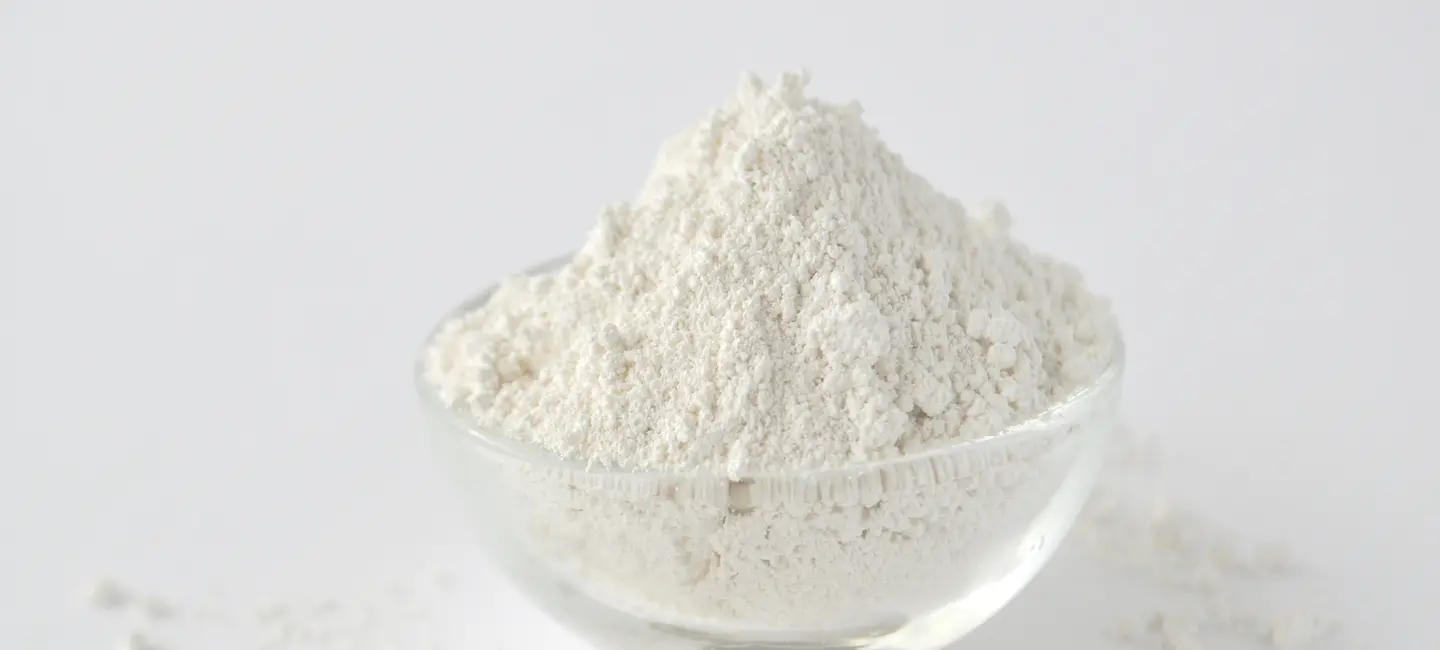
Kaolin is a type of clay found in nature. It is sometimes used to make medicine. It is also used as a filler in tablets.
Kaolin is used to stop bleeding and for a condition that involves swelling and sores in the mouth (oral mucositis). It is also used for diarrhea and many other conditions, but there is no good scientific evidence to support most of these uses.
Is It Effective?
NatMed Pro rates effectiveness based on scientific evidence according to the following scale: Effective, Likely Effective, Possibly Effective, Possibly Ineffective, Likely Ineffective, Ineffective, and Insufficient Evidence to Rate.
- Swelling (inflammation) and sores inside the mouth (oral mucositis). Using kaolin in a mouth rinse seems to decrease the pain of mouth sores caused by radiation treatment.
- Bleeding. Pressing on an artery using a kaolin pad seems to stop bleeding faster than pressing with a regular pad. Also, applying a pad containing kaolin to a surgical wound seems to stop bleeding faster than applying a regular pad.
There is interest in using kaolin for a number of other purposes, but there isn't enough reliable information to say whether it might be helpful.
Is it Safe?
When held in the mouth, a mouthwash containing kaolin produces a protective coating for mouth sores.
When kaolin is applied to wounds it speeds up blood clotting.
When taken by mouth: Kaolin is LIKELY SAFE for most people when taken in foods amounts. It is POSSIBLY SAFE when used as kaolin-pectin in medicines and mouthwashes. It can cause some side effects including constipation. Kaolin is POSSIBLY UNSAFE when used in very large amounts on a daily basis. It can cause blockage of the intestines and low blood iron levels.
When applied to the skin: Kaolin is LIKELY SAFE when used in FDA-approved wound dressings.
Special Precautions & Warnings:
Pregnancy and breast-feeding: Kaolin is LIKELY SAFE when taken by mouth in food amounts. Kaolin is POSSIBLY SAFE when used as kaolin-pectin in medicines.
Clindamycin (Cleocin)
Interaction Rating=Moderate Be cautious with this combination.
Kaolin might decrease how quickly the body absorbs clindamycin (Cleocin), an antibiotic. But it probably doesn't decrease the amount of clindamycin (Cleocin) that is absorbed.
Digoxin (Lanoxin)
Interaction Rating=Moderate Be cautious with this combination.
Kaolin might decrease the absorption and decrease the effectiveness of digoxin (Lanoxin), a heart medication. To avoid a potential interaction, separate digoxin (Lanoxin) and kaolin doses by at least three hours.
Quinidine
Interaction Rating=Moderate Be cautious with this combination.
Kaolin might decrease the absorption and decrease the effectiveness of quinidine (Quinidex), a heart medication. To avoid a potential interaction, separate quinidine (Quinidex) and kaolin doses by at least three hours.
Trimethoprim (Proloprim)
Interaction Rating=Moderate Be cautious with this combination.
Kaolin might decrease the absorption and decrease the effectiveness of trimethoprim (Proloprim), an antibiotic. To avoid a potential interaction, separate trimethoprim (Proloprim) and kaolin doses by at least three hours.
There are no known interactions with herbs and supplements.
There are no known interactions with foods.
The following doses have been studied in scientific research:
ADULT
BY MOUTH:
- For swelling (inflammation) and sores inside the mouth (oral mucositis): A mouth rinse containing 15 mL of a mixture of kaolin-pectin and diphenhydramine syrup has been used four times a day.
APPLIED TO THE SKIN:
- For bleeding: A pad containing kaolin has been applied with pressure to wounds to stop bleeding.
CHILDREN
APPLIED TO THE SKIN:
- For bleeding: A pad containing kaolin has been applied to wounds after surgery to stop bleeding.
Argile de Chine, Argilla, Bolus Alba, Caolín, China Clay, Heavy Kaolin, Hydrated Aluminum Silicate, Kaolin Léger, Kaolin Lourd, Light Kaolin, Porcelain Clay, Silicate d'Aluminium Hydraté, Terre à Porcelaine, White Bole.
Information on this website is for informational use only and is not intended to replace professional medical advice, diagnosis, or treatment. While evidence-based, it is not guaranteed to be error-free and is not intended to meet any particular user’s needs or requirements or to cover all possible uses, safety concerns, interactions, outcomes, or adverse effects. Always check with your doctor or other medical professional before making healthcare decisions (including taking any medication) and do not delay or disregard seeking medical advice or treatment based on any information displayed on this website.
© TRC Healthcare 2024. All rights reserved. Use and/or distribution is permitted only pursuant to a valid license or other permission from TRC Healthcare.
